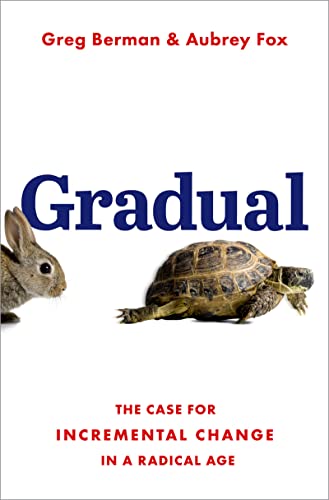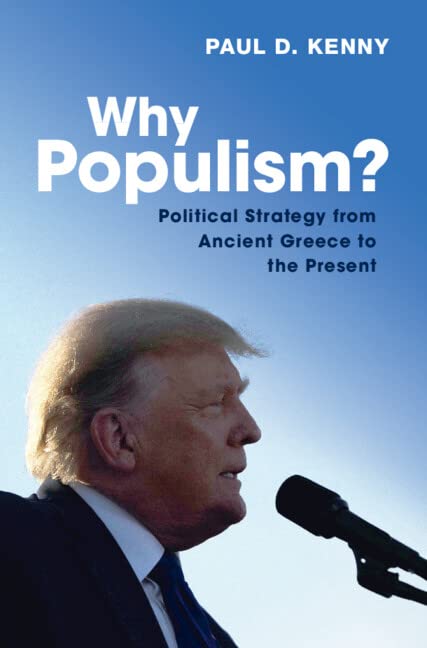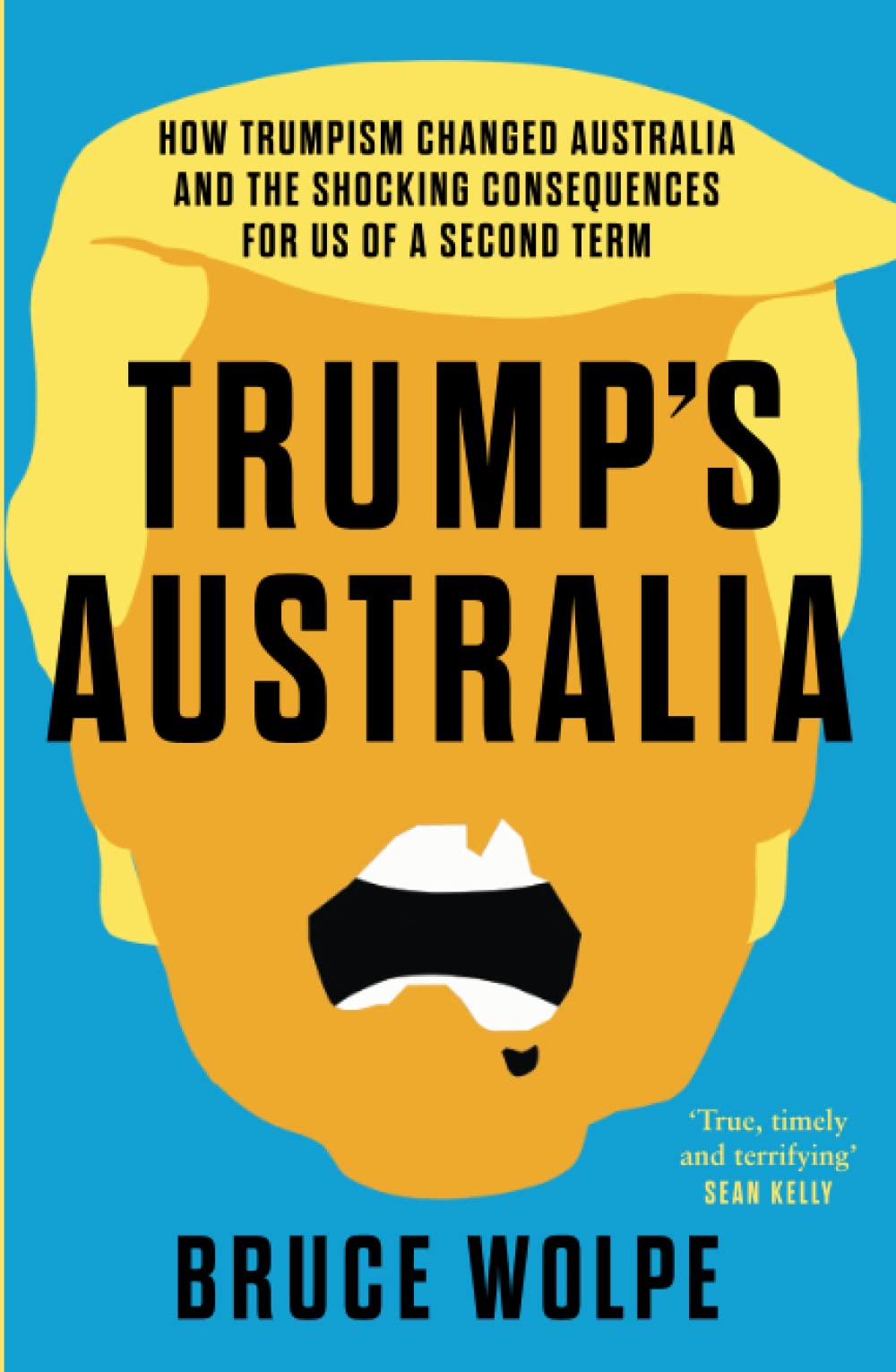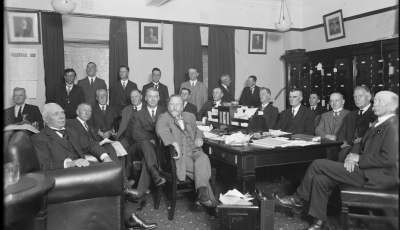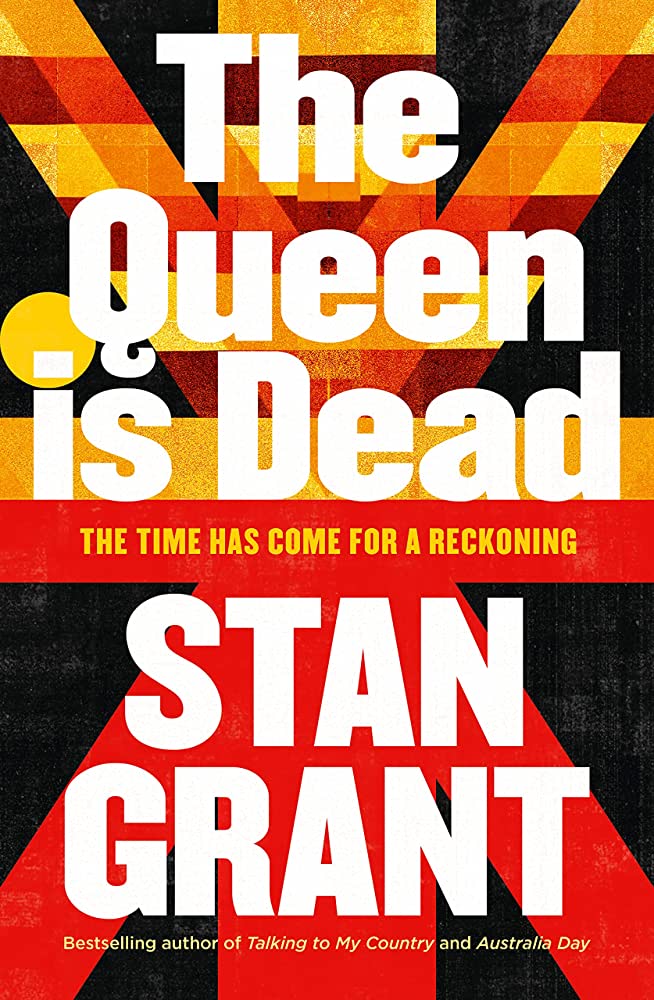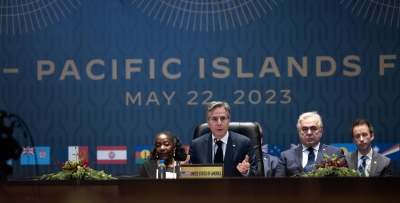Politics
Gradual: The case for incremental change in a radical age by Greg Berman and Aubrey Fox
'It is too early to say’ was the legendary response of Zhou Enlai when Dr Henry Kissinger asked him about the effects of the French Revolution – proof, if needed, of an ancient culture acknowledging the long cycle of history. Except Zhou misheard. As Chas Freeman, the retired foreign service adviser at that historic meeting revealed many years later, Zhou assumed that Kissinger was talking about the 1968 student protests in Paris, not the storming of the Bastille. It was, said Freeman, a mistake ‘too delicious to invite correction’.
... (read more)Why Populism?: Political strategy from Ancient Greece to the present by Paul D. Kenny
Paul D. Kenny’s impressive and engaging book is a corrective to the well-established body of work on populism. This corpus grew in tandem with the most recent successes of populism that have been a feature of contemporary liberal democracies in the past decade, and are a source of anxiety to many who care about democracy and value pluralism.
... (read more)Trump's Australia: How Trumpism changed Australia and the shocking consequences for us of a second term by Bruce Wolpe
Having worked for the Democrats in the United States and as chief of staff to Prime Minister Julia Gillard, Bruce Wolpe has credentials. Few in Australia are better placed to examine the implications for Australia, and particularly the Labor government, of a possible Trump return in 2024.
... (read more)The stumping of Jonny Bairstow reminded me of reaction chains. Bairstow, in case you didn’t waste winter nights watching the Ashes, was the English batsman controversially stumped by Australian wicketkeeper Alex Carey during the second Test at Lord’s. Pandemonium ensued, with the poohbahs of the Marylebone Cricket Club berating the Australian team during the lunch break as they filed through the holiest of holies, the Long Room. The brouhaha led news bulletins around the cricketing world; even the prime ministers of Australia and the Old Enemy weighed in.
... (read more)Cruel Care: A history of children at our borders by Jordana Silverstein
The historian Jordana Silverstein’s masterful new book, Cruel Care, begins with an account of the Murugappan family. Many Australians will remember this family: the hard-working parents seeking asylum from Sri Lanka, and their two Australian-born children, taken from their home in Biloela by the Australian government at five o’clock one morning in 2018. The family was detained for four years in Melbourne and Perth and on Christmas Island. The case was so drawn out that, in the rare photographs released to the public, we saw the children growing up. Their treatment was illogical, unjust, unkind, and expensive, and provoked a sharp emotional response from the public.
... (read more)When Justice Anthony Besanko released his judgment on the Ben Roberts-Smith versus Fairfax defamation case on 1 June, there was a lot more riding on his decision than the reputation of the principal parties and who would be landed with the eye-watering legal bills. Had the verdict gone against Fairfax, its reporters, Nick McKenzie, Chris Masters, and, to a lesser extent, Dan Oakes, would have struggled to return to or resurrect their careers. Defeat would have had a chilling effect on genuinely probing investigative reporting. In the face of such a decision, media organisations and editors around the country would have thought long and hard about letting their journalists pursue well-connected and well-resourced public figures, let alone defend their findings in court. But there was more at stake than that. The ‘defamation trial of the century’ was also widely, if inaccurately, regarded as a war crimes trial by proxy. While Roberts-Smith was not on trial for any of the crimes McKenzie and Masters alleged that he had committed or facilitated, had Justice Besanko found that the reporters had defamed him it would have made the pursuit of war crimes charges against Roberts-Smith more unlikely, or more difficult. The sense of relief at Besanko’s judgment was near universal. It not only emboldened the nation’s investigative reporters and their editors but also opened the way for the full and free pursuit of those members of Australia’s Special Forces credibly identified by the Brereton Report (2020) as having committed war crimes in Afghanistan.
... (read more)Pressure is mounting on the Albanese government to recognise Palestine as a state. Following a resolution moved by Penny Wong, this became ALP party policy in 2021, and it will almost certainly be reaffirmed at this year’s party conference in August. Former Foreign Minister Gareth Evans has written a powerful defence of the policy, which has been assailed, predictably, by the Israel lobby.
... (read more)On election day in 2022, thousands of Australian voters – perhaps already in line at their local primary school, democracy sausage in hand – received this text message. Refugees had not been a hot-button issue in this election, and the messages were generally seen as an unsuccessful last-ditch effort by a Coalition government already on the ropes. But the new Albanese Labor government was quick to confirm, just a day after being sworn in, that it had turned the boat back without hesitation. A public warning was issued to people smugglers that Australia’s border policy remained iron-clad and inflexible. Such statements are usually for the benefit of the Australian public, rather than an imagined audience of people smugglers.
... (read more)The Queen is Dead: The time has come for a reckoning by Stan Grant
As I write this review, Stan Grant’s name is everywhere as the media and the public absorb his decision to step aside from compèring ABC Television’s Q&A after citing the cumulative wear and tear on him and his family of weeks of online racist abuse. Yet such is the pace of the twenty-four-hour news cycle that by the time this review appears, another episode in the seemingly never-ending racist diatribe against Australian First Nations peoples will have moved Grant off the front pages. The ‘trolls of the Twitter sewer’, as Grant calls them, will have found another target for their hatred and aggression.
... (read more)In 22 May 2023, US Secretary of State Antony Blinken and Papua New Guinea (PNG) Defence Minister Win Bakri Daki signed a defence and maritime cooperation agreement in Port Moresby. Blinken stepped in after US President Joe Biden’s last-minute cancellation. Had he attended, it would reportedly have been the first time a US president had visited a Pacific Island country other than US territories such as Hawaii and Guam. This is on the back of having pledged an additional US$800 million at a US-Pacific Summit in late 2022 to help tackle climate change, overfishing, and maritime security.
... (read more)
